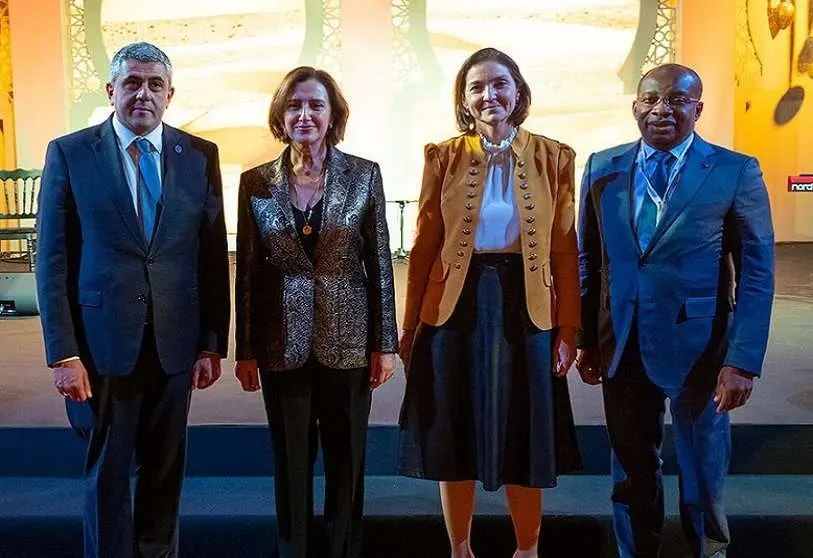Soft diplomacy

I take the liberty of using an anglicism, very fashionable, by the way, to describe what has been happening between Spain and Morocco in recent weeks. Overcoming the crisis between the two governments seems to be a matter of little time, the paper that has resulted from the negotiations between representatives of the two countries is already on the table at the highest levels and, although there are some tensions such as the small fish farm that Morocco wanted to install in the waters off the Chafarinas Islands, the interests at stake between the two neighbours are much more important so that this type of situation can delay the definitive step that will put an end to the crisis.
I was talking about soft diplomacy, a term that is widely used when it comes to undertaking new business, unprecedented relations, as the King of Morocco himself, Mohammed VI, said. In the last few days, important Moroccan political figures have visited Madrid. These were not bilateral meetings, but international events, but the President of the Moroccan House of Representatives, Rachid Talbi Alami, and the President of the Chamber of Councillors, Naama Mayara, came here for the Assembly of the Inter-Parliamentary Union. The event was attended by King Felipe VI and the Prime Minister, Pedro Sánchez. The Moroccan parliamentary delegation held several meetings with representatives of various countries in which they defended the supreme interests of the Kingdom, prioritising the defence of Moroccan sovereignty over the Sahara, as well as the advancement of the democratic process in the country. The Moroccan communiqué was eloquent and there was nothing to prevent such political activities from taking place.
Something very similar happened with the World Tourism Organisation's Assembly. The venue was supposed to be Marrakech, but COVID's advocacy prevented it and another city was sought. Spain and Madrid responded with agility and speed and the annual world tourism event was held in the Spanish capital with the intervention of King Felipe VI and the President of the Government, Pedro Sánchez. And, of course, with the Spanish and Moroccan Ministries of Tourism working together. The two ministers coincided at the gala dinner organised by Morocco in Madrid, and both Reyes Maroto and Fátima Zahra Ammor had no qualms about posing together at the request of this journalist, indicating that they were willing to take the necessary steps to help overcome the crisis.
If the situation were not within the parameters of recovering relations, opening the borders in Melilla and Ceuta, agreeing on jurisdictional waters in the Canary Islands and the Sahara conflict, we would not have had these acts of soft diplomacy in Madrid.

